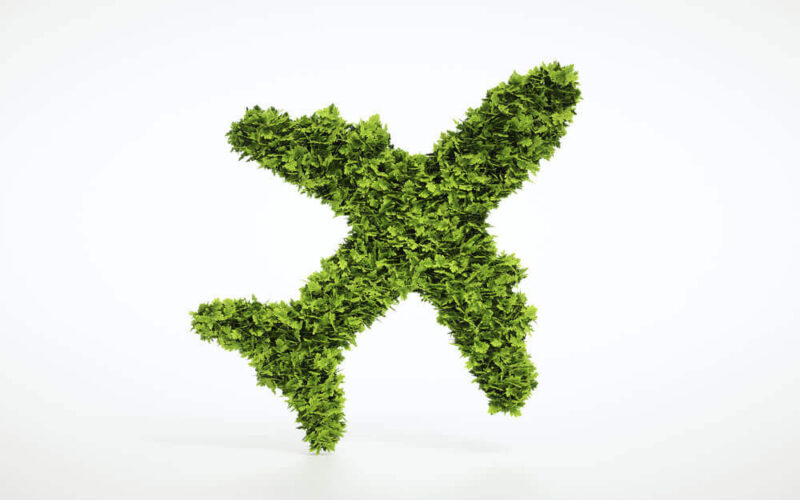Rolls-Royce and Widerøe announced joining forces on a research program that ultimately strives to develop an electrical aircraft concept. Widerøe is yet another Norwegian company exploring the options of green aviation.
The research program is part of the effort to develop an electrical aircraft concept, both companies announced on August 28, 2019. The electrical plane would replace Widerøe’s legacy fleet of regional aircraft, as the airline has the ambition to change its 30+ old Dash 8 fleet with zero-emission aircraft by 2030.
At the moment, Widerøe has 42 De Havilland Canada DHC-8 Dash 8 planes, the average age of them is over 21 years, planespotters.net data reveals. Beside old Dash 8s, in 2018 it has started taking deliveries of new Embraer 190-E2s and currently has four of the aircraft in its fleet.
Back in March 2019, Widerøe CEO Stein Nilsen revealed the airline was in talks with five companies on zero emissions aircraft but had not yet decided on which fuel to opt with: “Whether the aircraft runs on electricity, hydrogen or are hybrid-based is too early to say. Green technology on short runways is possible, and within 2025,” Nilsen told Finansavisen.
Rolls-Royce, which already is doing research in emission-free aviation in its facility in Norway, will “help advise on all elements of the project”. “This project will further build on our global electrical capability, which was recently boosted by the acquisition of Siemens eAircraft business and complements the electrical work we are principally doing in the UK and Germany, whilst building on the knowledge gained through the ATI supported E-Fan X program,” Alan Newby, Director, Aerospace Technology & Future Programs at Rolls-Royce is quoted in a statement as saying.
The program is funded by Norwegian government innovation support fund, expected to last for two years.
Why is green aviation on the rise in Norway?
Widerøe is far from being the only company in the region launching a green aviation initiative. In fact, it is not even the only company in the country with ambitions to turn all electric. In April 2019, OSM Aviation, Norwegian pilot training school, placed an order for 60 eFlyer 2 electric aircraft, manufactured by Bye Aerospace, calling the deal “the largest order for commercial electric planes to date”.
While the aircraft is still in the testing stage and to be yet approved by regulators, OSM Aviation Director of Sales Fredrik Strand Randgaard told AeroTime that is expects the first planes to arrive as soon as by the end of 2021.
Norwegian Government has ambitious plans regarding green aviation. On the one hand, Norway has introduced regulatory changes under which 0.5% of aviation fuel sold in the country will have to be advanced biofuels starting from starting January 1, 2020. Hopes are that by 2030, biofuel to make up no less than 30% of all aviation fuels sold.
However, since biofuel can cost up to three times more than traditional jet fuel, and the exceptions in the country’s regulation cover military, but not commercial aircraft, airlines in the region have a real reason to start looking at cost-saving solutions such as green alternatives.
Increasing the usage off biofuel falls into a wider framework of initiatives to reduce greenhouse gas emissions from Norway’s transport sector by half by 2030. For instance, the country also strives that all its short-haul flights would be carried out on electric aircraft by 2040.

